One of the most important parts of academic culture in Sweden is the amount of trust and responsibility put on the student to study by themselves. On one hand, that comes with a lot of advantages since, as a student, you’re able to figure out a schedule that works for you, and study in the way that best suits your strengths, habits, and patterns. You’re viewed as an independent, responsible individual (something that I think also contributes to the lack of hierarchy in Sweden’s academic institutions). On the other hand, if you come from a vastly different academic culture (like I do!), it can be difficult to hold yourself accountable and do the work that is actually expected of you without the pressure of a professor telling you to do it!
Now that I am in the second year of my Master’s and am faced with a lot of “free” months where I have no classes because I’m entrusted with steadily working on my thesis, I’m in the process of figuring out how to work productively and smartly. Here are some tips from me (and also my thesis supervisor) that worked for me, and may work for you too!
Build a schedule that feels familiar
The most difficult part of navigating free time is not having a schedule to hold yourself to. I’ve had countless conversations with so many friends and corridor mates about how having long free periods makes it tough to keep track of time since nobody expects you to be anywhere or do anything. Combating this means making a fixed schedule for yourself. Draw up a chart and stick it to your wall, schedule study time and put it in your calendar the way you would do for classes. What’s important is that you make it look and feel similar to what your classes for your courses would look like. For instance, if you have three classes a week, schedule three study sessions, and then three additional pre-class prep sessions.
Prep sessions could involve skimming through literature, looking for readings, narrowing down to questions you want your research to acknowledge and answer. The main study sessions on the other hand would involve properly diving into the literature, getting to the meat of how to answer the questions you set aside, actually doing the work you prepared to do.
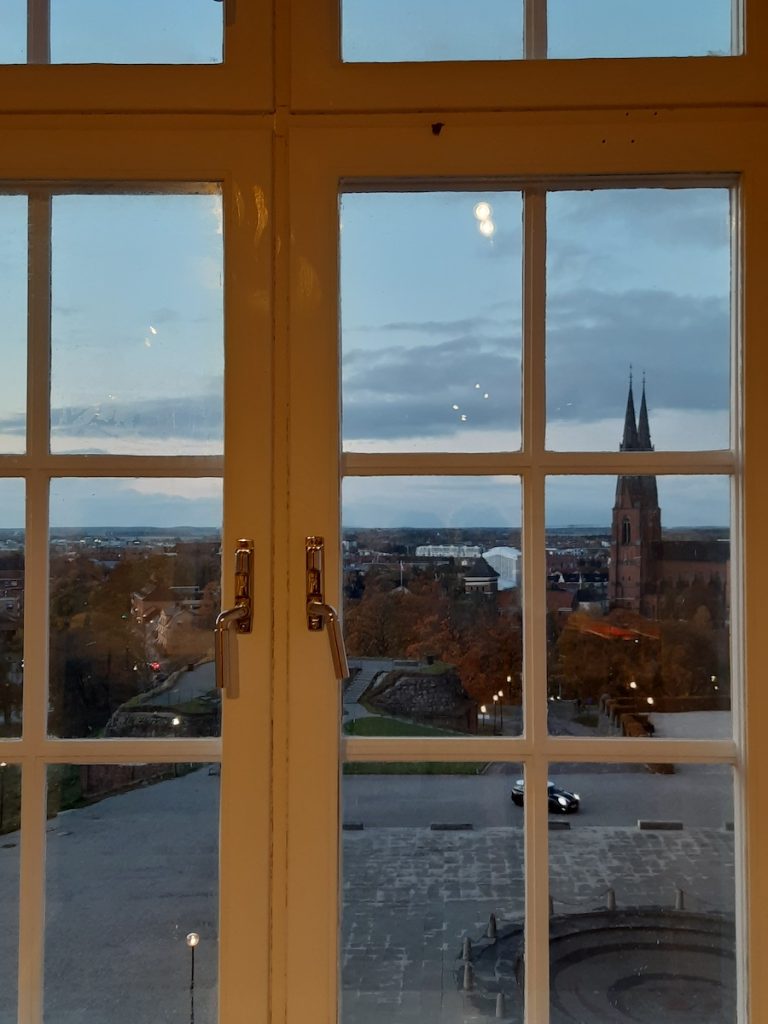
Set realistic goals
When dealing with mountains of readings and literature review, it’s easy to both feel overwhelmed, and also overestimate how much work you’re actually capable of doing, and doing well. There’s a limit to how much information we can retain and properly make use of, and so it is of the utmost importance to recognise our human-ness and set realistic goals.
I was one of those people who would promise myself to read one or two papers a day, but then when I would actually sit down to do the work, I would realise very soon that I had bitten off more than I could chew. This was not only because the papers were hard to read (because sometimes they would be manageable), but because it is incredibly time-consuming to properly understand, analyse, and take notes from a paper.
My entire studying game changed when I went from setting myself one or two papers a day to half a paper. It takes a lot of stress off your shoulders when you know that you need to only do half a paper. Less stress means that you aren’t rushing yourself, and your brain is less cloudy to actually read the paper. You can certainly do more than half a paper if you get into the flow of it, but even reaching the half-paper mark will make you feel accomplished, and you’ll have the energy to come back and finish it the next day, knowing that there’s not much left!
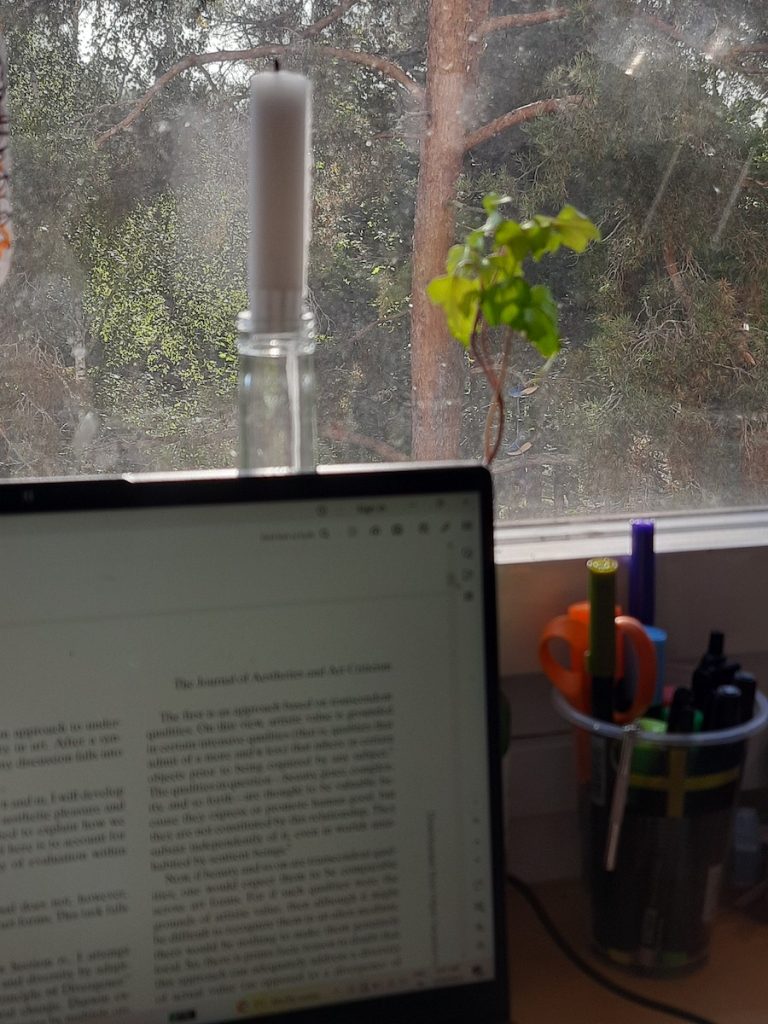
Writing less, consistently is better than writing more, sporadically
This point is kind of like an extension to the last point, talking about writing instead of reading, but it is important nonetheless.
When I had trouble finding motivation to write and did not know where or how to start, I voiced my concerns to my supervisor who gave me this advice! He said that it is much better to aim to write a hundred imperfect words a day than setting a bigger goal of a thousand perfect words a week. Setting a small daily goal keeps you consistent, and pushes away the possibility of procrastinating until the last couple days of the week. Returning to your work on a daily basis also ensures that you’re actively thinking about it and about ways to improve it, and by the end of the week you can actually end up with a thousand decent words that are ready for editing!

Realise that normal is the norm!
Some more words of wisdom from my supervisor – strive to be normal!
We all tell ourselves that bad days aren’t the norm, but we also need to realise that good days aren’t the norm either. So, just as we wouldn’t get used to the idea of not studying at all, we shouldn’t get used to the idea of studying extremely productively and successfully every day just because we had a couple of good days in a row.
Aim to have a really normal day, and rely more on discipline than on sporadic feelings of motivation. That way, you won’t feel upset when you don’t have the best study session ever, and you will also know that having a bad study session doesn’t mean that you are stuck in that state. You will just bumble along steadily and calmly, and will end up doing much more work consistently.
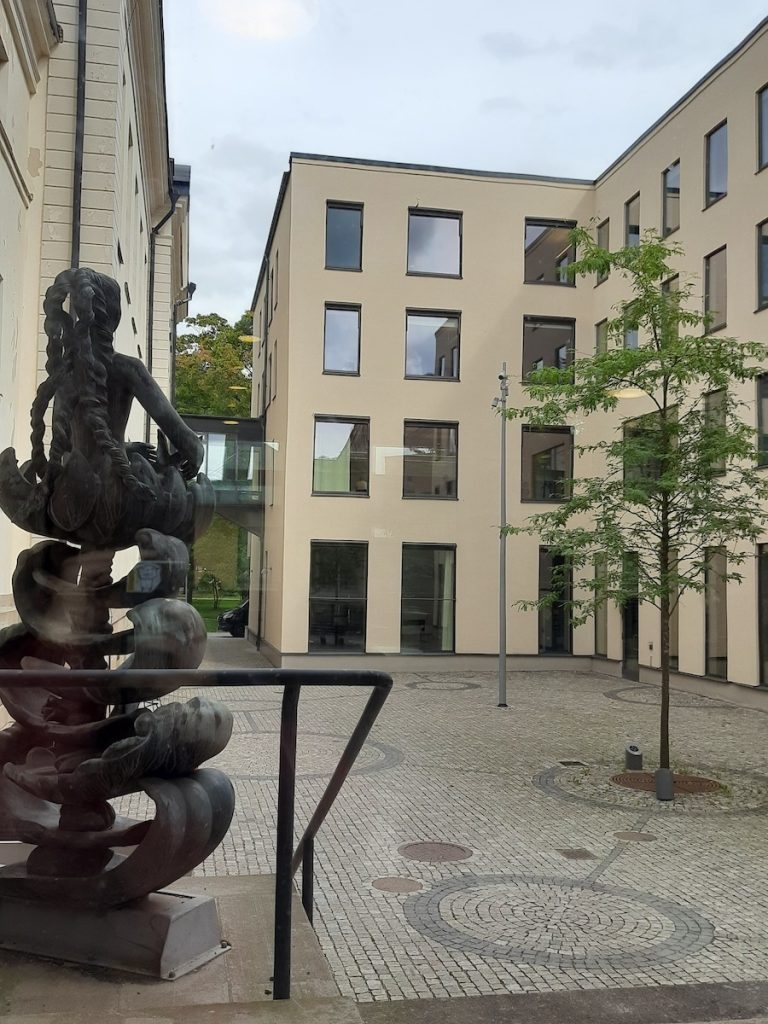
Separate your spaces
Having separate spaces for different parts of your life is incredibly important to align your mindset with the task you have set yourself to do. If you study in the same space that you also use for relaxation, it can be difficult to shift mindsets and be prepared to focus when it is time to work. Inversely, it can also take much longer to relax even when you put your books and devices away because your mind now associates that space with working and not resting.
Study in cafes, dining rooms, or one of the many wonderful libraries Uppsala University has to offer (I love the library at Engelska Parken, and also Carolina Rediviva).
If you don’t want to go outside because it’s too cold for your liking or you want to save money and time, you can also demarcate spaces within your room! My laptop recently broke which means that I cannot move it from my desk, so I cannot go to the libraries with it anymore. To work around this little setback, I’ve made my desk my designated work/study space, and even when I want to take a short break, I get up and shift to my bed, or the couch, or head to the balcony for some fresh air!
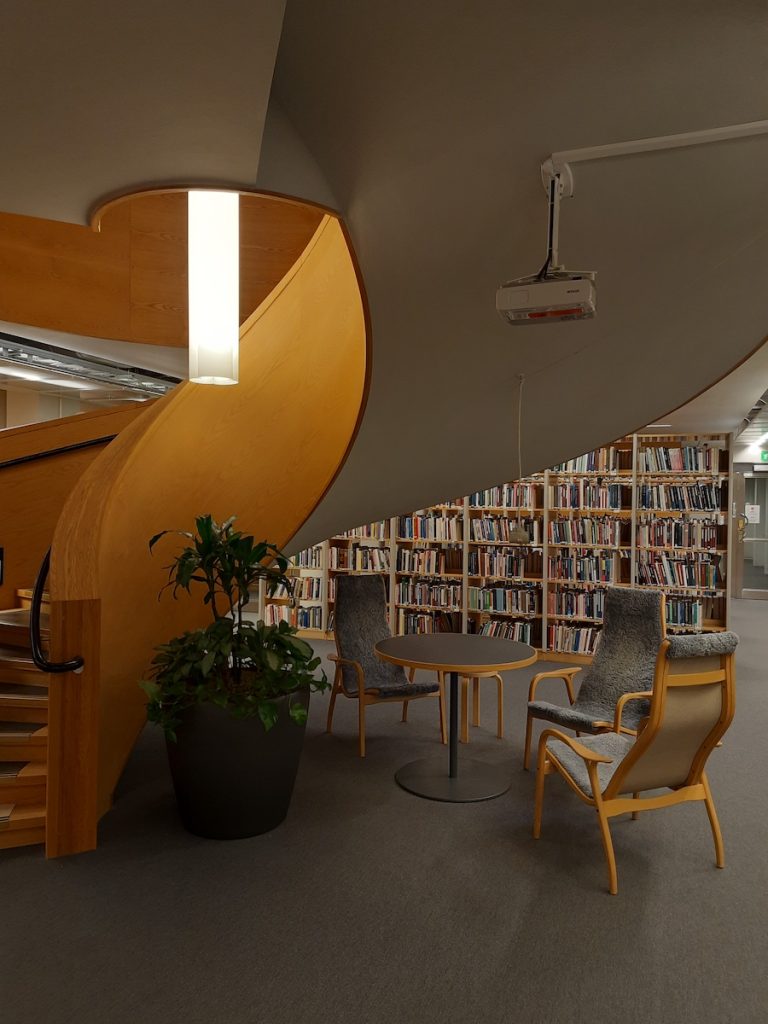
Take breaks!
While this means that you take breaks in between study sessions, this also means longer breaks! If you’ve been given a month without classes, you have to strike a nice balance between working and studying, and actually doing things that bring you joy, help you relax, and recharge you. Take the weekend off and spend time with your friends, grab a bus ticket and visit one of the many small towns and cities around Uppsala, sign up for events at the nations, or you could even work at the nations to meet more people and surround yourself in a different atmosphere! If you can, take a flight or a train to other cities in Sweden, or to the countries around Sweden!
There’s a whole lot of things to do in and around Uppsala, and Sweden as a whole, and since you’re a student here now, you should do as much as you can to make the most of this experience of being in a new city and new country!
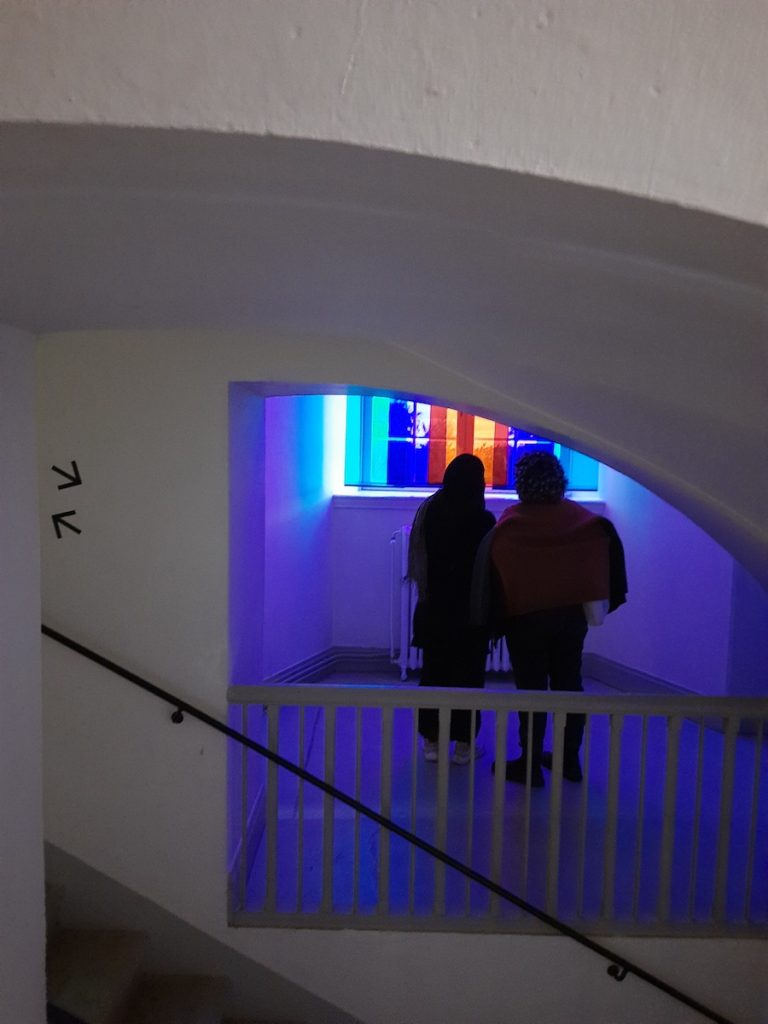
I hope these little tips and tricks help you stay on top of your academic work in ways that are more efficient and productive, and leave you with less stress and worry. While stress and anxiety can be common parts of being a student (especially a student in a foreign country), it’s best to do what we can to improve our experience so that we’re left with more space and energy to enjoy the nicer parts of student life!
What are some things you like to do to stay motivated, disciplined, and productive?

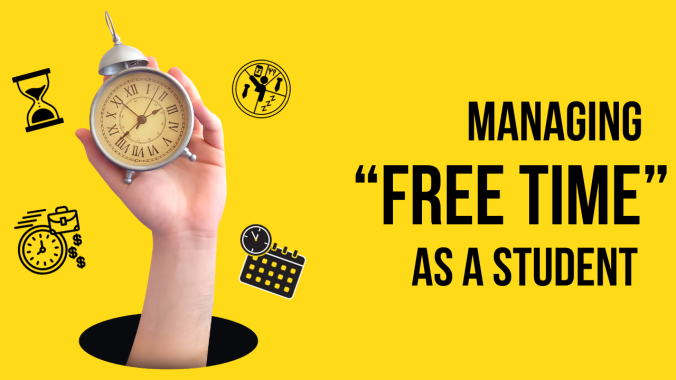

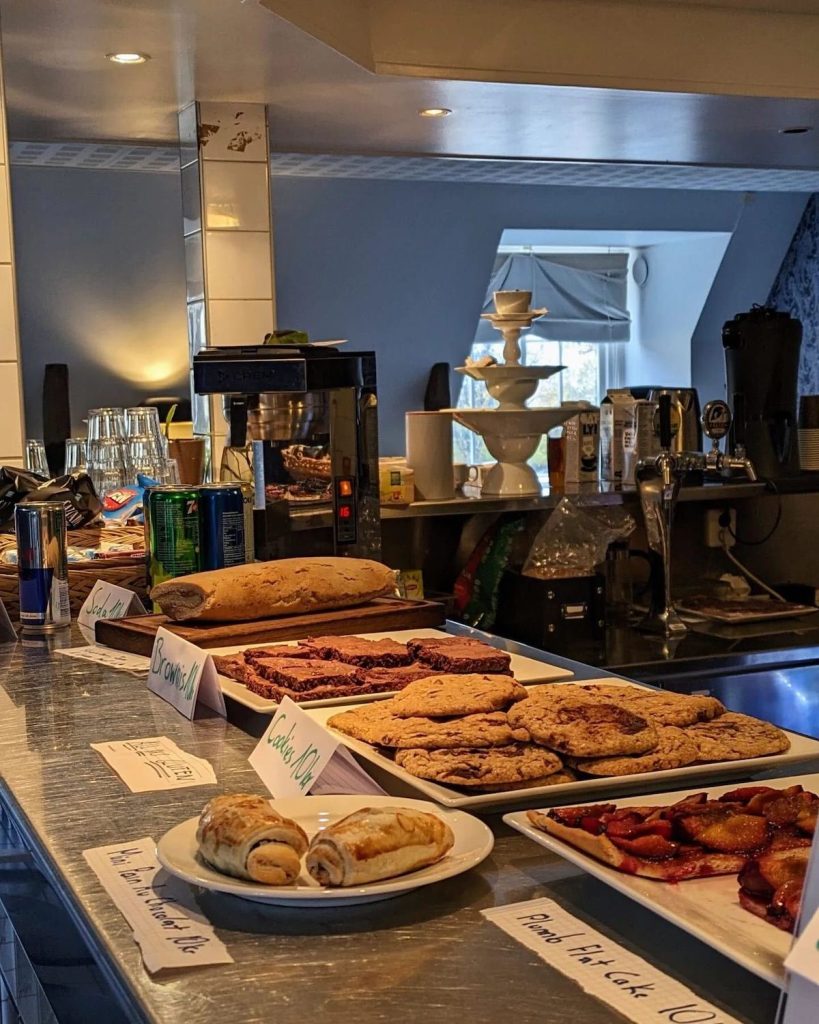
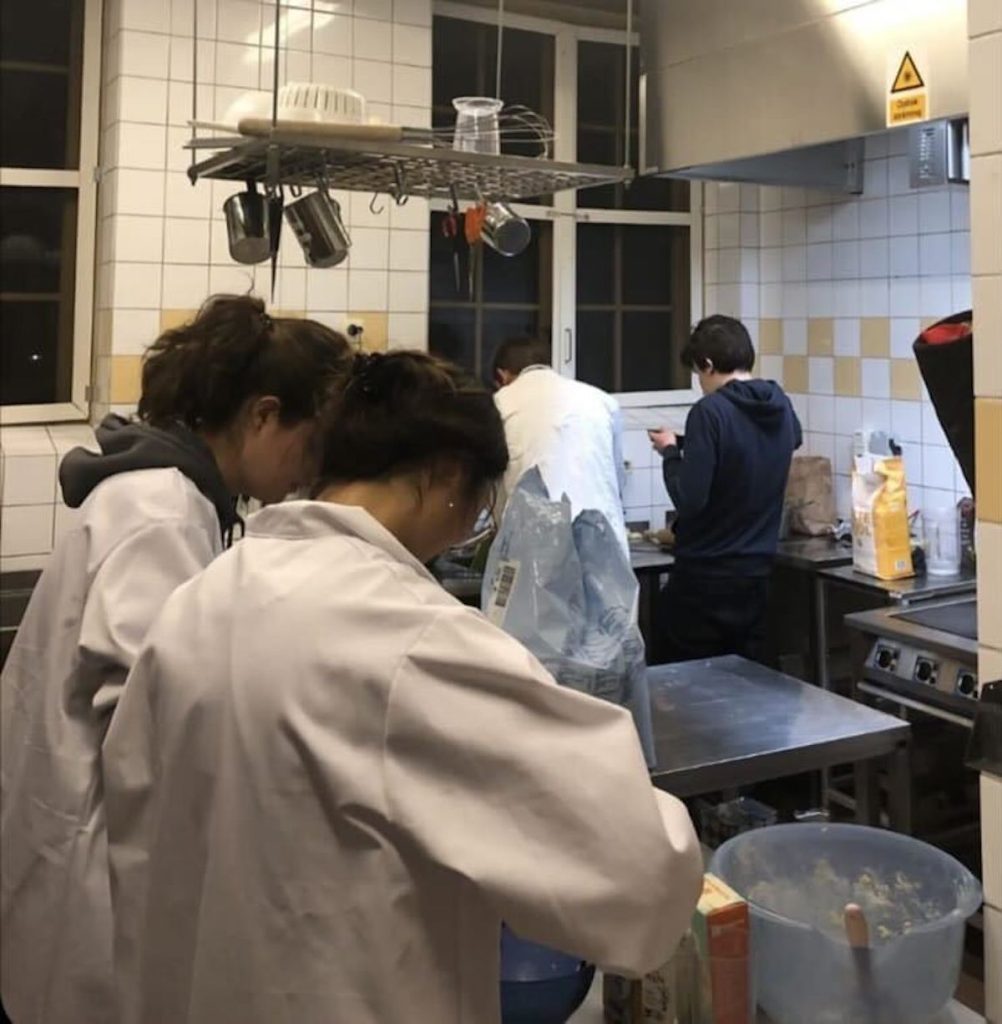
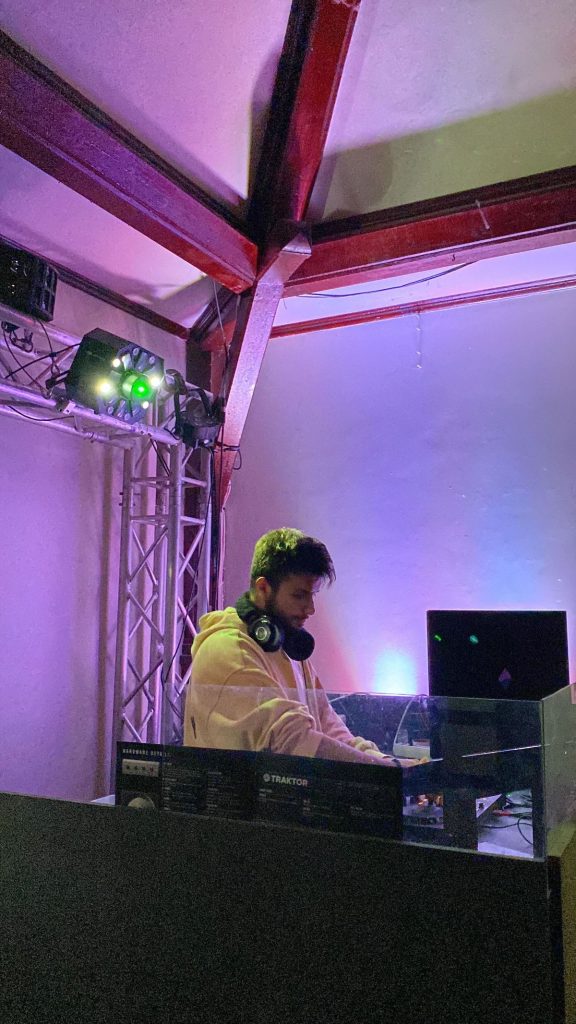

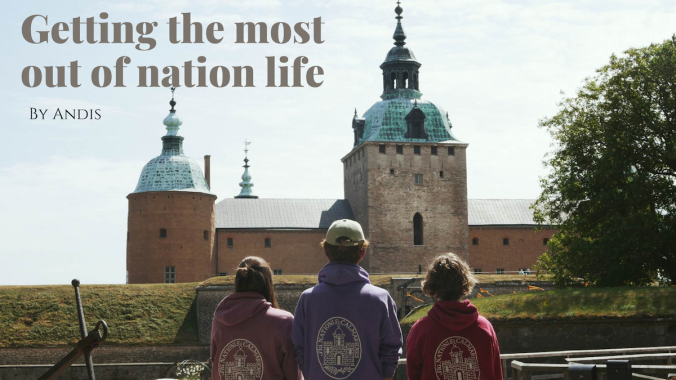
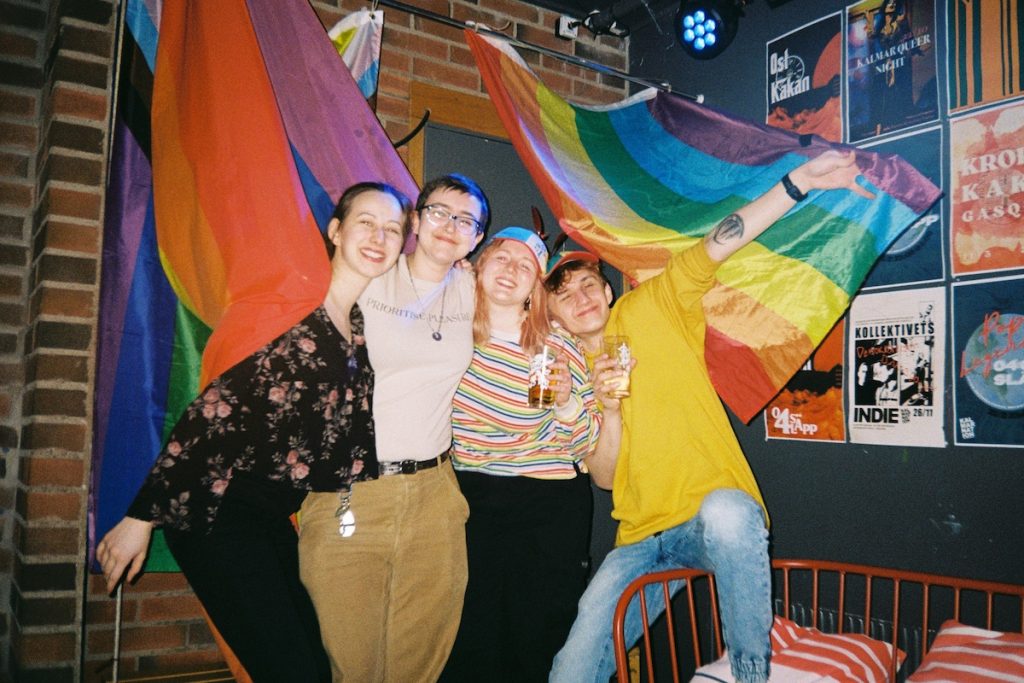
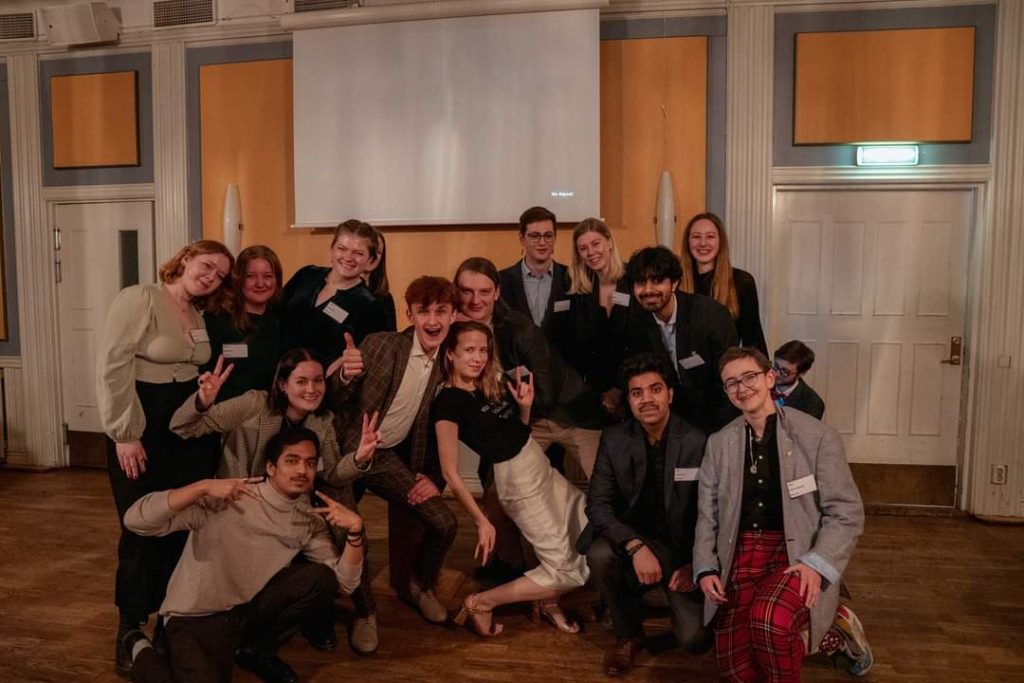
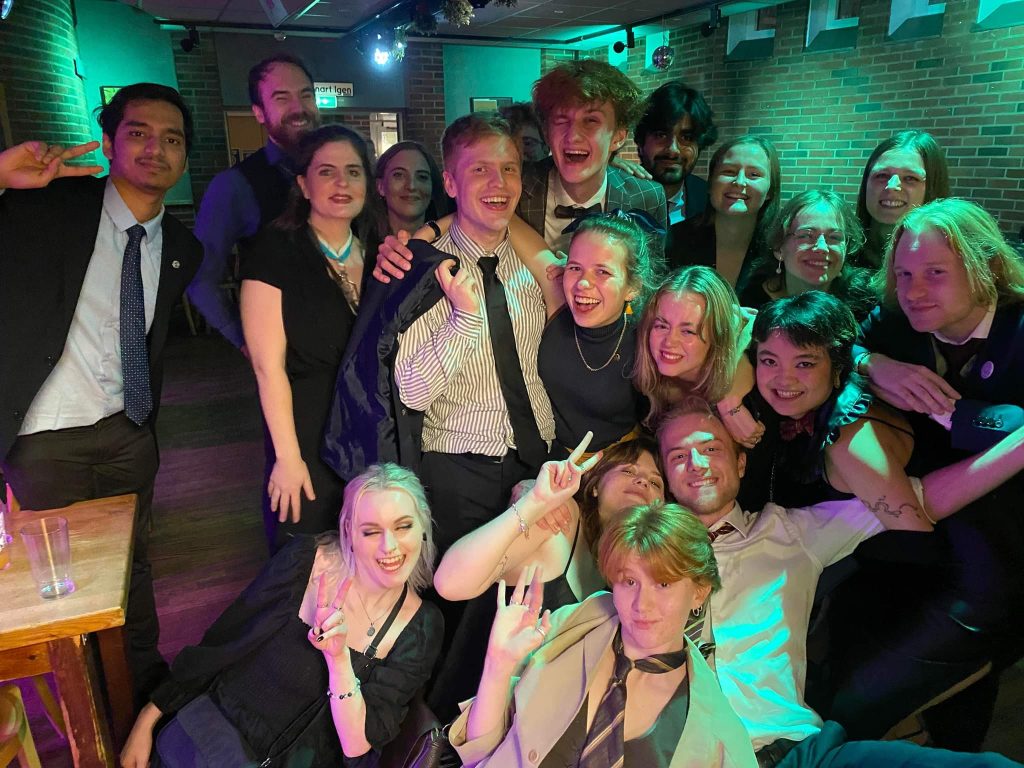
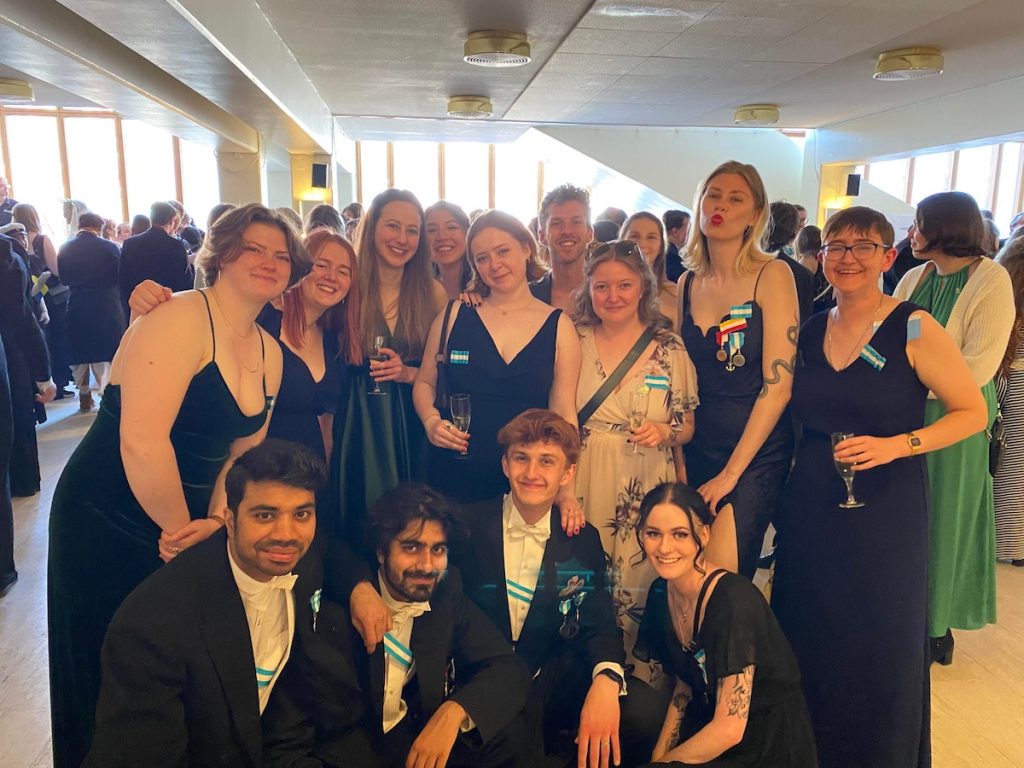

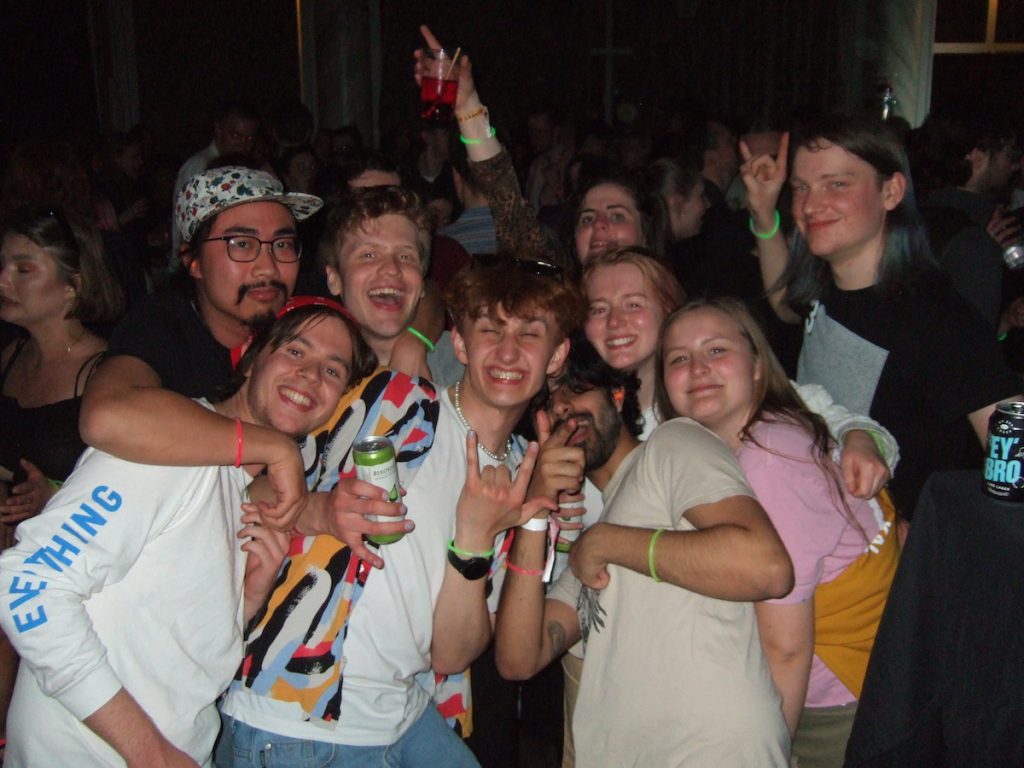

Recent Comments